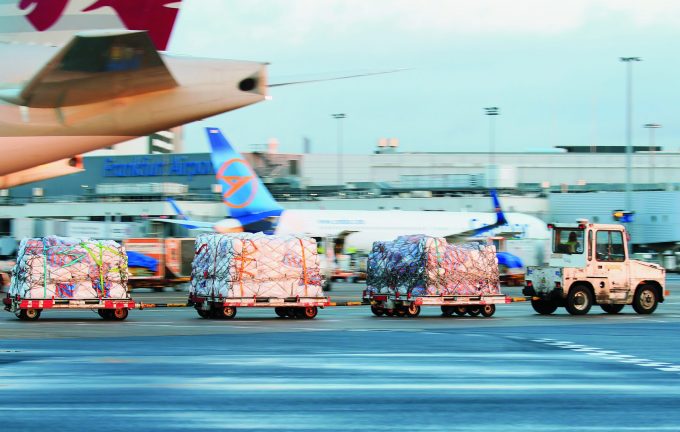'More pronounced' demand slump drives container spot freight rate declines
Container spot freight rates on most of the main shipping trades saw another week of ...

The stagnant air cargo market continues to be reflected in the latest traffic figures released by two of Europe’s leading hubs.
At Amsterdam Schiphol (AMS), cargo throughput totaled 110,344 tonnes last month, down 5.6% on August 2022.
A deeper dive into the figures reveals a 2.2% fall in volumes to and from Asia, by far the airport’s most important geographical region for traffic. All other regions, apart from the Middle East (+3%), were in negative territory year-on-year, including North America (-14.6%) and ...
'Disastrous' DSV-Schenker merger would 'disrupt European haulage market'
New senior management for DSV as it readies for DB Schenker takeover
Volumes set to 'fall off a cliff' as US firms hit the brakes on sourcing and bookings
Asian exporters scramble for ships and boxes to beat 90-day tariff pause
Temporary tariff relief brings on early transpacific peak season
Amazon pushes into LTL for small package fulfilment and UPS does a u-turn
Pre-tariff rush of goods from US to China sees air rates soar, but not for long
De minimis-induced ecommerce demand slump could cripple freighter operators

Comment on this article
Junho Park
September 21, 2023 at 7:25 am“At Amsterdam Schiphol (AMS), cargo throughput totaled 10,344 tonnes last month”
is that correct??
Gavin van Marle
September 21, 2023 at 10:20 amHi, I’m afraid it’s not. Correct figure is actually 110,344 tonnes. We were missing a crucial digit! Apologies for the mistake and many thanks for the eagle eye! Kind regards, Gavin van Marle